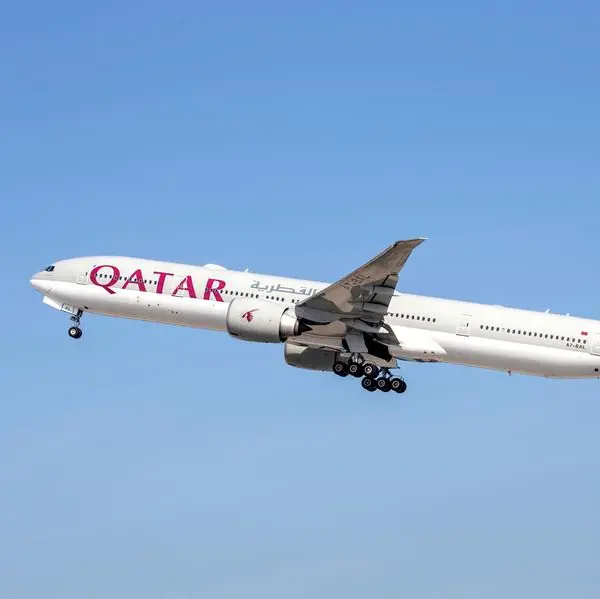BEIJING - China's factory activity shrank more than expected in June, an official survey showed on Sunday, highlighting the need for more economic stimulus as U.S. trade tariffs ramped up pressure on the world's second-largest economy.
The weak manufacturing readings are likely to cast a shadow over the apparent progress U.S. and Chinese leaders made in Japan over the weekend in restarting their troubled talks over tariffs amid a costly trade war.
The indicators will also spark concerns about stalling growth in China and the risk of a global recession, despite slightly better-than-expected export and industrial profits data in May.
The official Purchasing Managers' Index (PMI) stood at 49.4 in June, unchanged from the previous month and below the 50-point mark that separates growth from contraction on a monthly basis. Analysts polled by Reuters predicted a reading of 49.5.
Many economists still expect the economy to face strong headwinds in the coming months as domestic demand falters and external risks rise.
In June, China's factory output growth slowed, with the subindex falling to 51.3 from 51.7 in May while the contraction in total new orders accelerated to 49.6 from 49.8.
Export orders extended their decline with the sub-index falling to 46.3 from May's 46.5, suggesting a further weakening in global demand.
While China's exporters are feeling the pinch, Sunday's data showed import orders also worsened, reflecting softening demand at home despite a flurry of growth-supporting measures rolled out earlier this year.
Presidents Donald Trump and Xi Jinping's held ice-breaking talks in Japan on Saturday. However, Chinese state media warned on Sunday Beijing and Washington will likely face a long road before the two countries could reach a deal.
Analysts at Nomura expect any gains achieved on a temporary trade deal between China and the United States would prove fleeting with a renewed escalation likely further down the road.
Trump has already imposed tariffs on $250 billion of Chinese goods and is threatening to extend those to another $300 billion, which would effectively cover all of China's exports to the United States. China has retaliated with tariffs on U.S. imports.
To deal with the economic challenges, policymakers have released a range of stimulus and are expected to launch more. Premier Li Keqiang last week pledged to cut real interest rates on financing for small and micro firms.
Manufacturers continued to cut jobs in June, with the employment sub-index falling to 46.9, compared with 47.0 in May, when it hit the lowest level seen since March 2009.
An official business survey showed activity in China's services sector held firm in June despite growing pressure on the broader economy from tougher U.S. trade measures, with the official reading at 54.2 in June from 54.3 in May.
Beijing has been counting on a strong services sector to pick up the slack as it tries to shift the economy away from a dependence on heavy industry and manufacturing exports.
(Reporting by Norihiko Shirouzu and Yilei Sun; Writing by Yawen Chen; Editing by Sam Holmes) ((yawen.chen@thomsonreuters.com; +86 10 5669 2126; Follow me on Twitter https://twitter.com/ywchen1;))



















